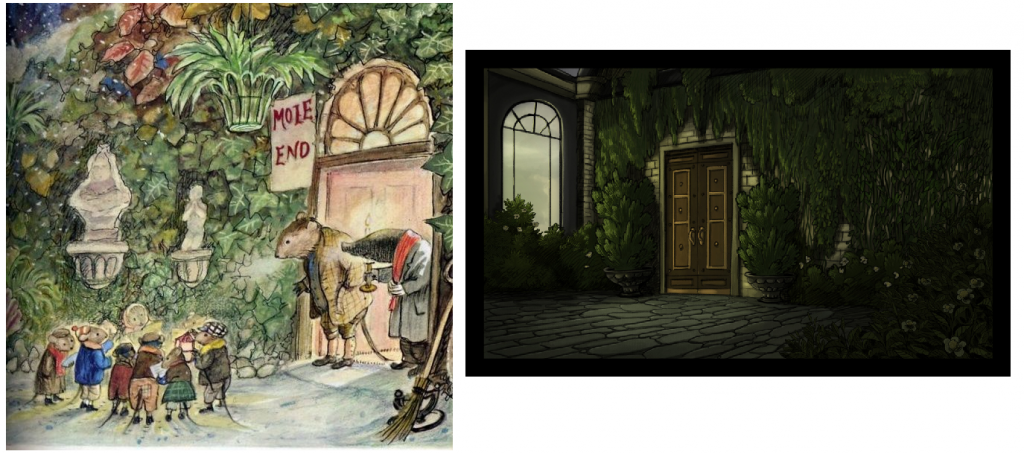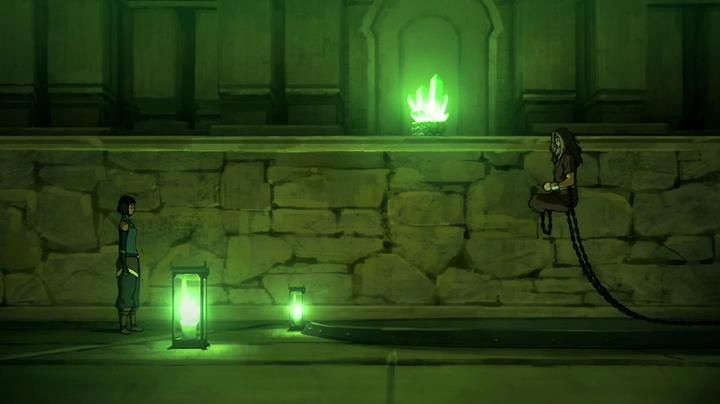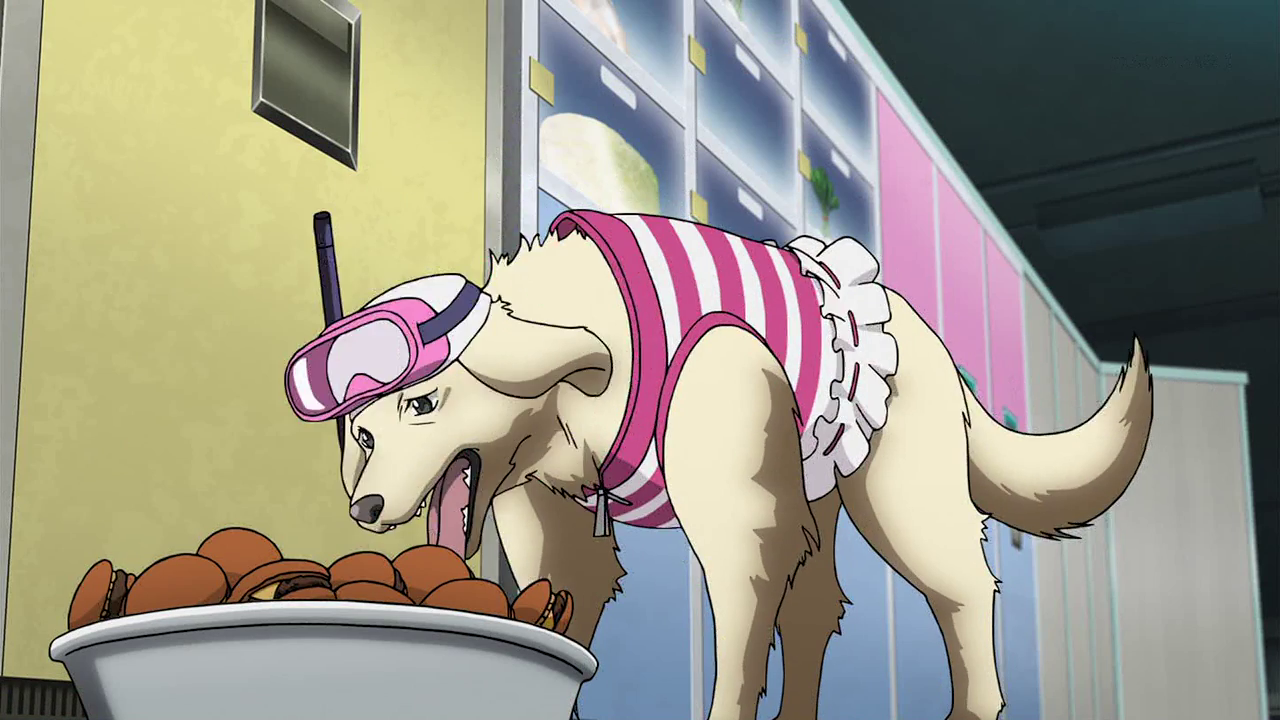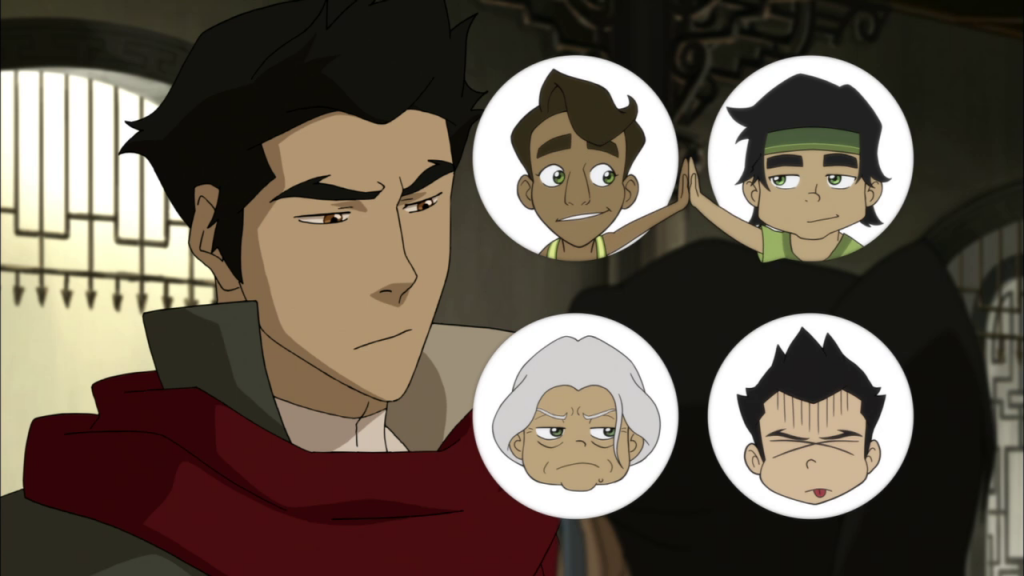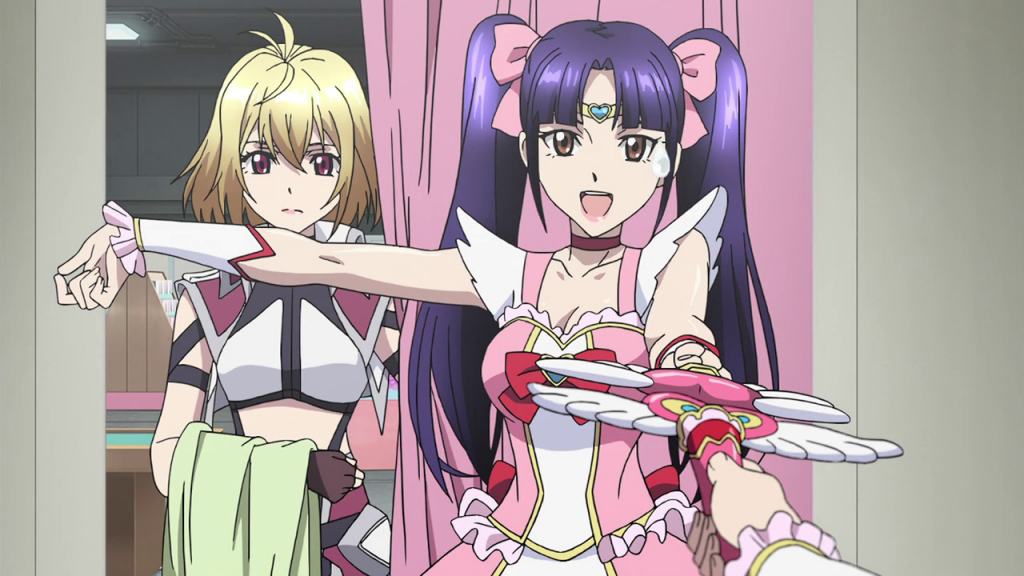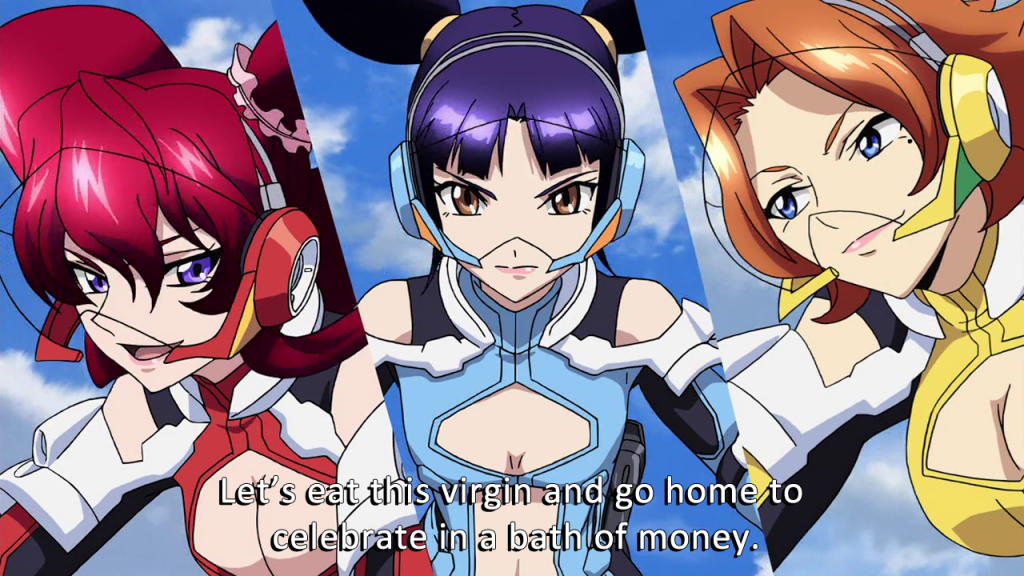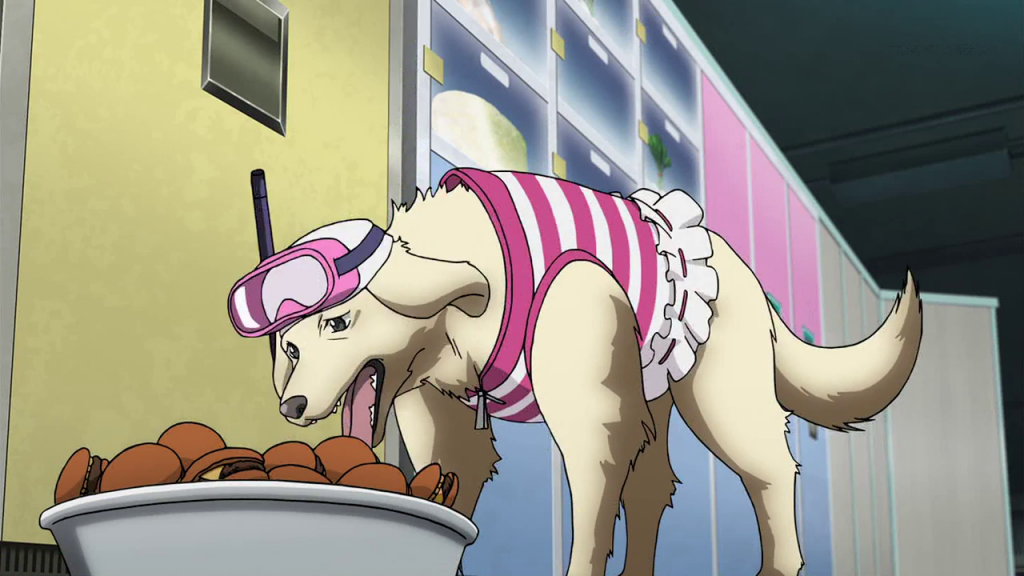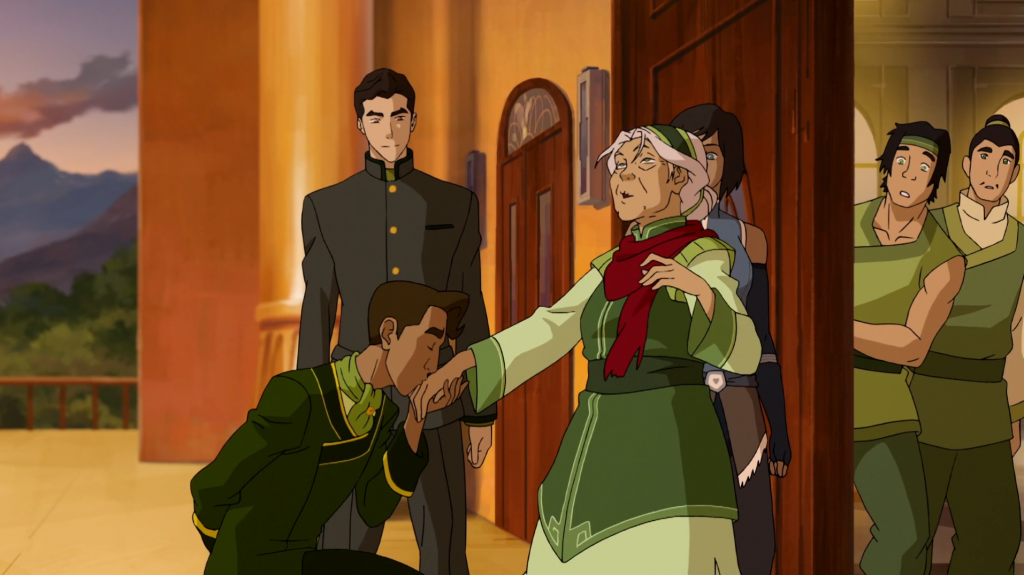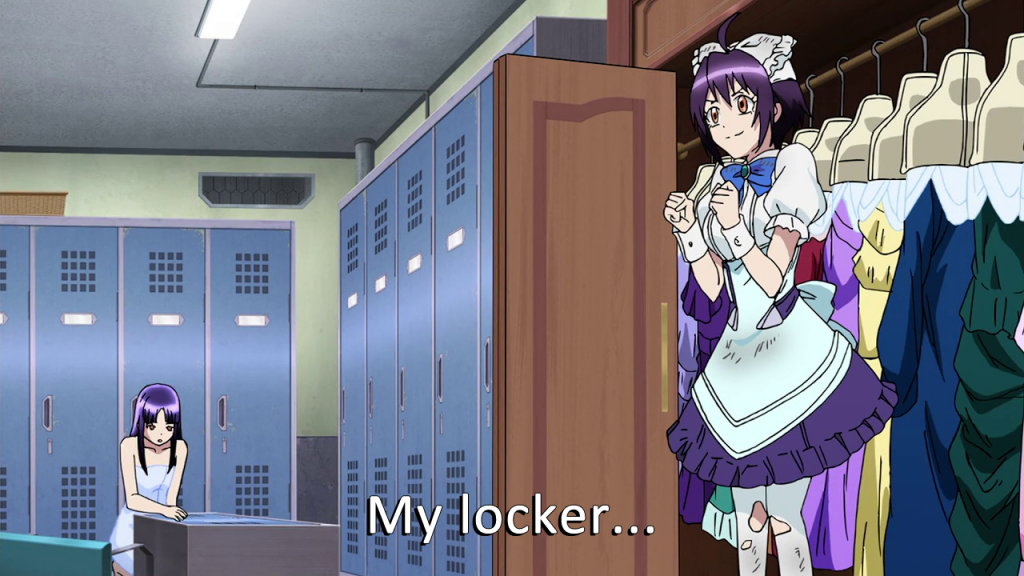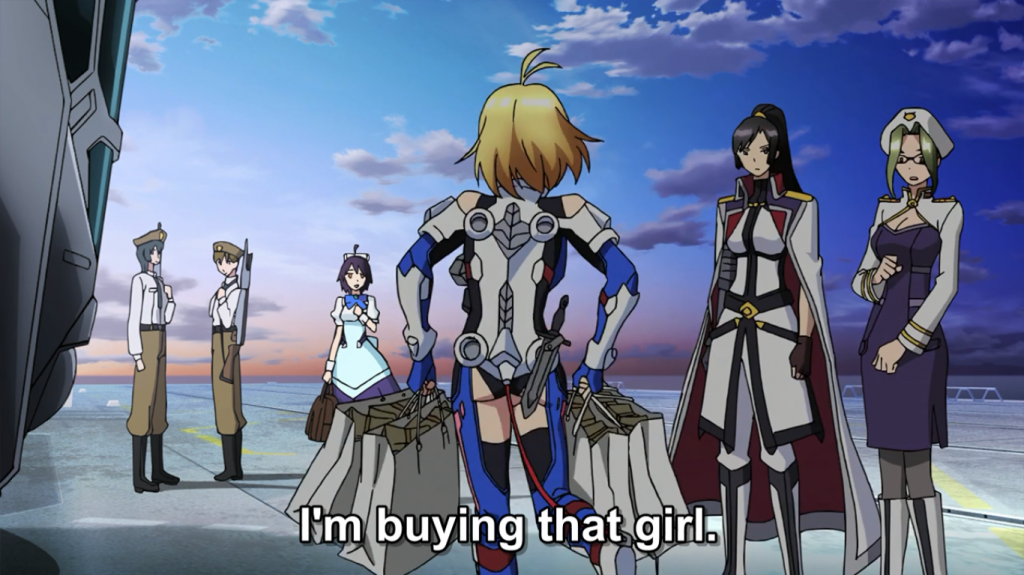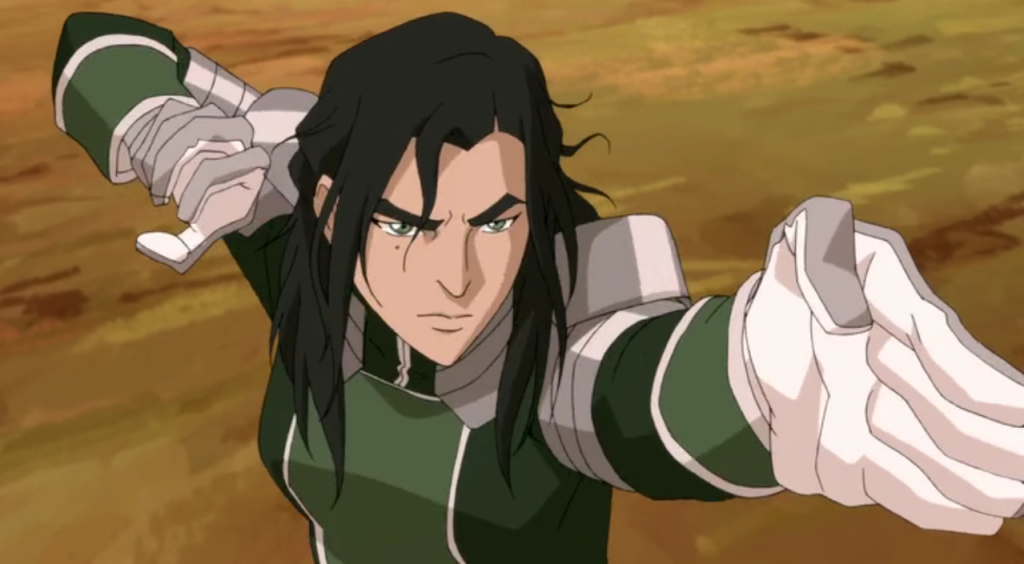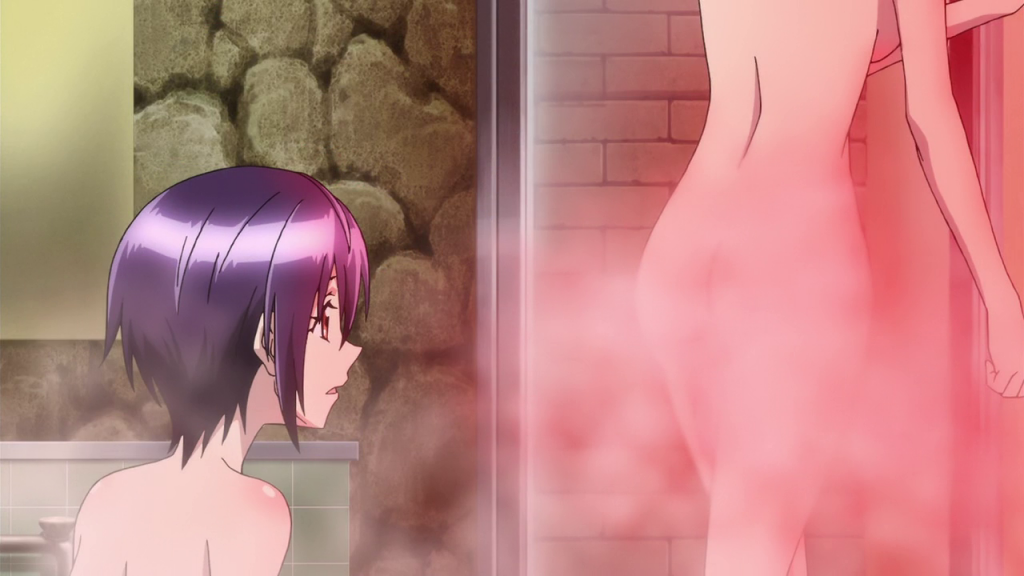Over the garden wall,
Virtuous souls may be lead astray with
Every fiber of their contents stalled, and a
Requiem sounding for their eventual demise.
This may not be the end for them,
However, upon greater reflection.
Evil cries out for these lost beings;
Giving up in the face of the unknown excites it,
And the roots of despair take hold,
Readying for the growth of new fuel.
Deny it the pleasure, for your own sake;
Everlasting is the spirit of hope that helps
Negate the lies of the Beast.
Will you let your spirits burn out, or
Alight them with the newfound knowledge of self?
Let go of that apprehension of the hidden, children, and
Let the aged lantern lose its flame.
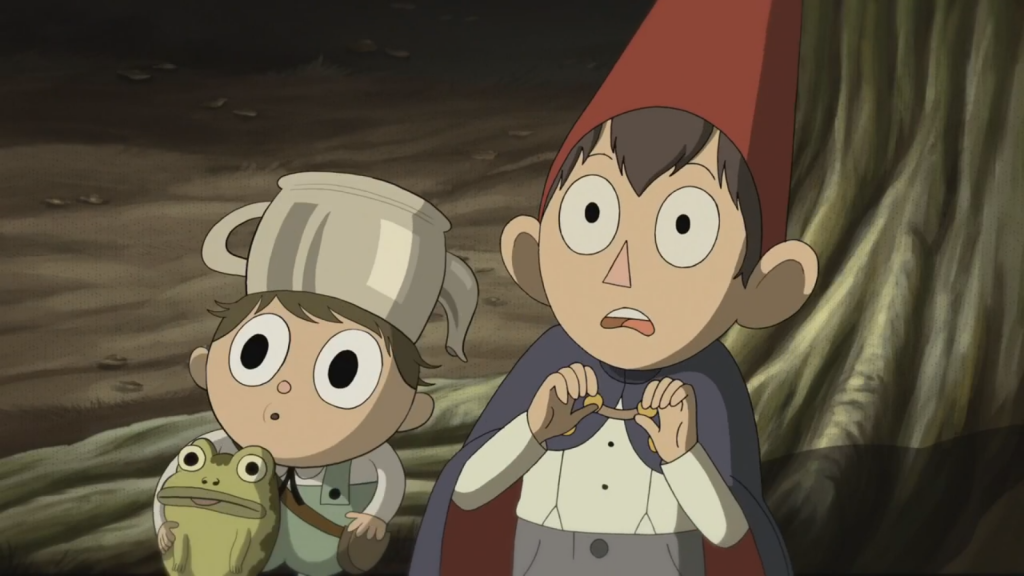
Created by Marvelous Misadventures of Flapjack and Adventure Time alum Patrick McHale, Over the Garden Wall is a ten-part miniseries that follows two siblings, Wirt and Gregory, as they travel through “The Unknown” in search of a way back home. Along the way, they find themselves in small adventures. That’s the byline of the show, but let me elaborate on it ever so slightly: Over the Garden Wall follows the journey of an insecure, defeatist-minded teenager named Wirt and his ever optimistic younger brother Gregory as they travel through a mysterious land called “The Unknown” in search of a way to return home, all the while encountering characters and situations that wouldn’t be out of place in children’s literature such as The Wind in the Willows.
While there’s that clear link to other Cartoon Network productions in terms of the simple character design, the background elements and many of the animal characters make me think of the E.H. Shepard illustrations that accompanied old Winnie-the-Pooh books and the previously mentioned The Wind in the Willows. Maybe it’s the fact that he also drew some finely dressed animals, but I can’t help but feel that the approach to background design took a page from the Englishman’s sketchbook. There’s a warm, rustic feel to the world that these boys are traveling through that invokes the old English countryside just as much as it does parts of Antebellum America. Also adding to the atmosphere is a blatant love for early Fleischer Studios and Disney works; from the loose, flowing rubber-hose movement of The Highwayman reminiscent of Betty Boop cartoons to the bulk of Chapter 8 being a loving homage to the Alice Comedies shorts. The art and animation mesh together into a beautiful visual tribute to the countless fairy tales and nursery rhymes we heard as children, as well as bright-eyed infancy of the animation medium itself.
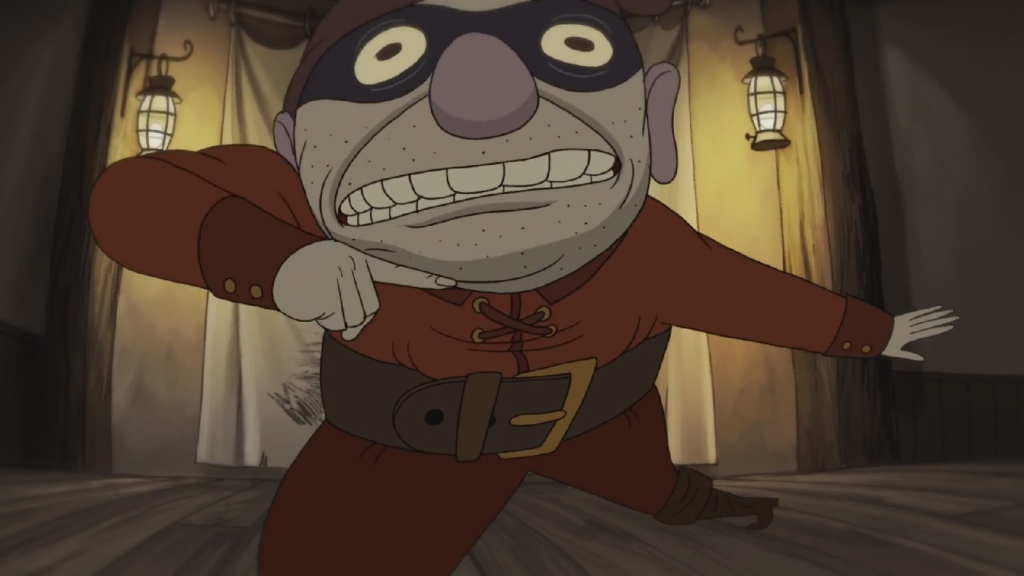
Over the Garden Wall has some of the best music I’ve heard in quite a while. There’s a vaudeville aura in the soundtrack that, as Elijah Wood put it, “Sounds like it would be on a phonograph record.” Singer Jack Jones sung a number of songs, including the main theme. Samuel Edward Ramey performed the powerful operatic villain leitmotif of The Beast, while others such as Janet Klein and Frank Fairfield give us catchy folk tunes. And the entire track was put together masterfully by Petrojvic Blasting Company, a two-man group that composed all the silly and heart-wrenching melodies. The music alone does the fantastic job of teleporting you back to another time and place. The amount of times I’ve found myself singing Patient is the Night under my breath or smiling at the thought of Potatoes and Molasses is innumerable, and is a testament to staying power of this miniseries’ fairytale presence in your mind.
I’m hard-pressed in my attempts to find any grievous missteps that Over the Garden Wall took when Pat McHale and his colleagues crafted the story and paired it down to ten episodes from the original eighteen. Every woven tale is imaginative and carefully balanced its underlying emotion with comedy superbly. From the fifth chapter and its eccentric businessman to the suspenseful climax of the final episode, there is a blissful dream-like quality that had you tense or laughing at all the right moments. The characters themselves serve as fantastic vehicles, from our main duo to even one-off characters that lead themselves as givers of clever foreshadowing. There are four characters in particular that come to represent not only different worldviews, but also the different stages of life in which these views are likely to manifest. Gregory, the youngest of all the characters, is an optimist who is fully receptive of the oddities of the world, and is fully willing to embrace them. Greg could have very easily become an annoyance to audience, but instead shines as the very symbol of childhood innocence in his actions. He’s also incredibly trusting of his older brother to keep them safe, even when it’s painfully clear the guy has no idea how to push forward. Their bluebird companion Beatrice, however, comes across as a brash young adult who begrudgingly goes along with the two of them, like a babysitter of sorts. She’s incredibly snarky and self-confident, but that also comes with a level of self-awareness and attempts to still piece together a proper moral code. Without giving anything away, Beatrice is a character of guilt; a character old enough to completely comprehend that her actions have consequences that can affect others and the desire to right the mistakes of the past. The Woodsman is the same way, but has had far more years to dwell on every single one of his life’s missteps. The Woodsman is a bit more wise and hopes to share his wisdom and warnings to the younger generation, in hope that they’ll perhaps listen and avoid what he sees as unnecessary pain. And, of course, we must backtrack to Wirt, who lies at the epicenter of it all. Wirt is an emotional teenage boy who is riddled with insecurities and has the inability to face them, optioning instead to find shortcuts around an issue or just avoid a situation entirely. This level of uncertainty in both yourself and the world around you is something that most viewers of the miniseries have gone through at some point. This doubt is the catalyst for the entire series and its underlying message of having the courage to face the unknown. Doubt and fear is something that The Beast, an entity that is following our boys, finds great enjoyment in. Perpetuating it, in a roundabout way, keeps him alive. This monster represents not a mindset, but a concept; a future riddled with fear, doubt, and guilt about what you’ve done and haven’t done. There’s something incredibly powerful about that which reflects the Brothers Grimm and Mother Goose-inspired foundation of the premise; like those stories, Over the Garden Wall turns characters into symbols of innocence or fear that must stand up and learn to face the dangers of the world.
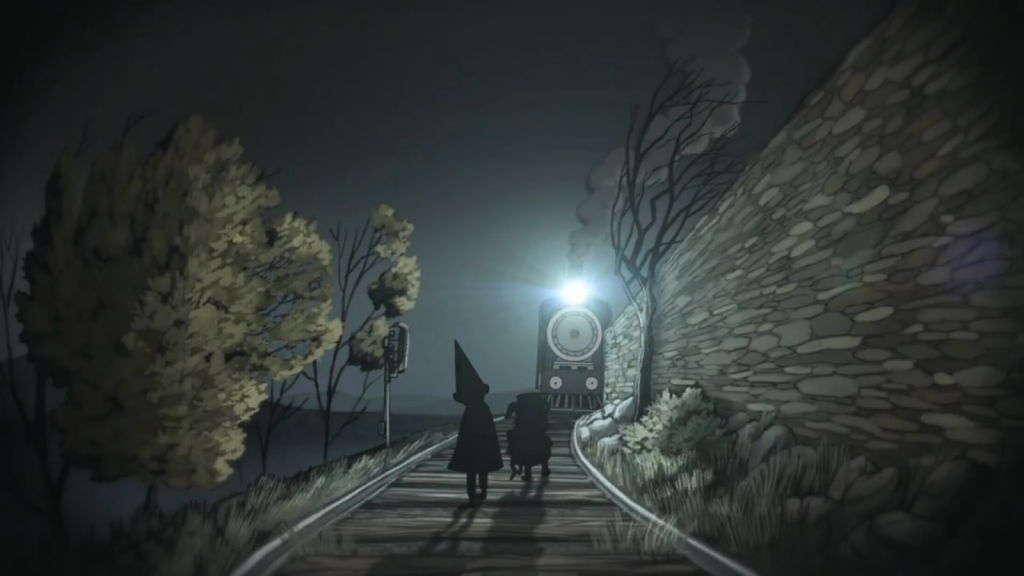
My greatest fear is the unknown. While other psychological terrors such as loneliness and abandonment shake me to the core, the fear of the unknown is one that encompasses and overshadows them all. Not knowing what lies ahead is something that crippled me even as a child, who lay awake at night terrified stiff of what truly happens after death. For many children, the greatest extent of that fear can manifest itself as being scared of what lies in the dark. As a teenager or young adult, it becomes a fear of whether friendships will last, if any perused relationship will be rendered successful, or whether the field of work you choose to dedicate your remaining years to will be lucrative. Accepting that the future is uncertain and becoming willing to face it regardless is a sign of maturity and mental growth is a difficult battle that takes some time to win. Seeing the characters of this miniseries journey and conquer this deep-seated fear was a glorious sight to behold. And perhaps it’s that shared struggle that allows Over the Garden Wall to resonate with me, and so many others, to the extent it does.
